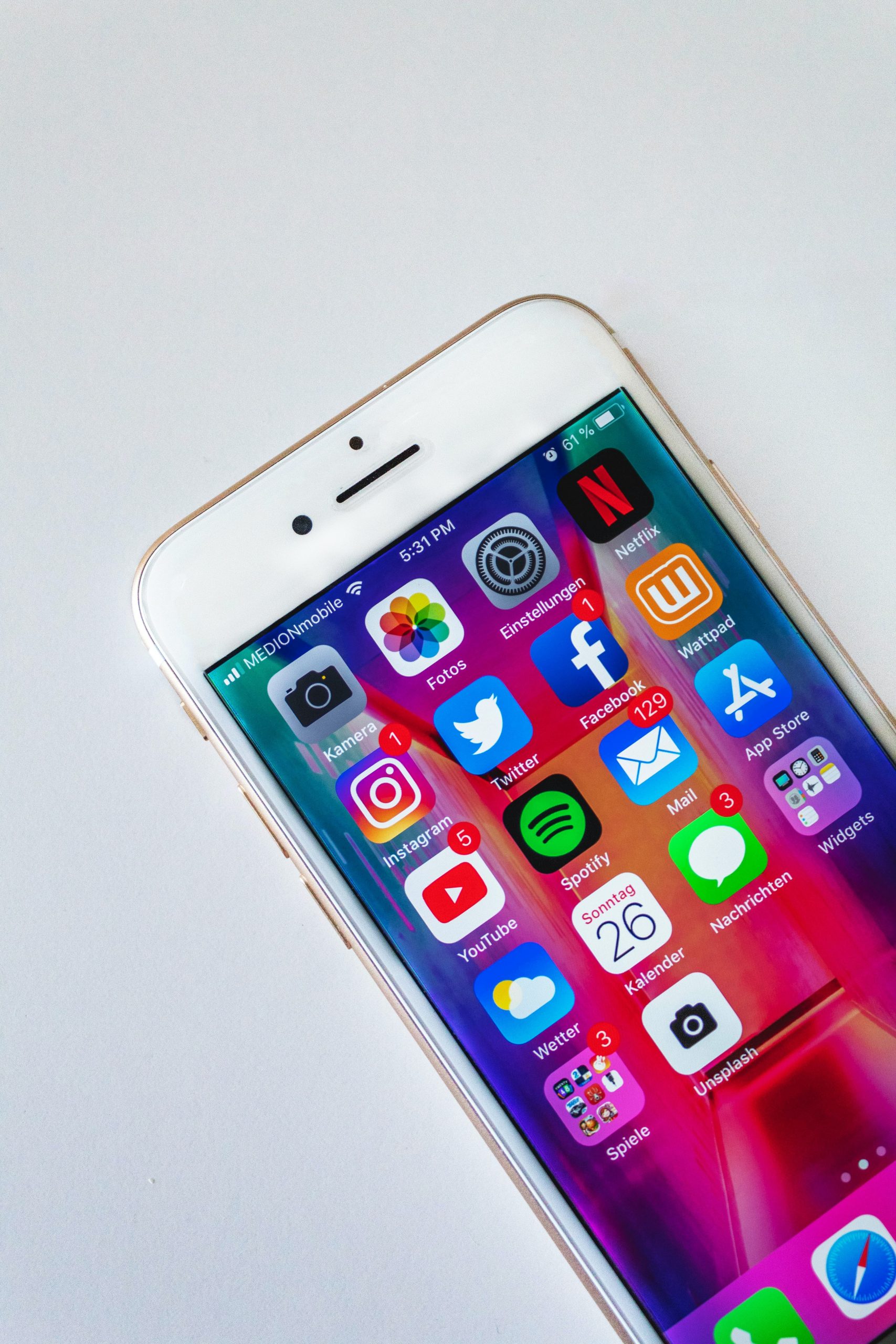Self-growth is a continuous process that affects us physically, psychologically, and emotionally. We crave to stay as authentic as possible, to stay connected to our core and inner values. Yet the sacrifices we make and the burdens we have to address make us feel deflated, especially living under the scrutiny of the world around us.
Reflecting on our past experiences and doing some inner work requires a great deal of courage, strength and vulnerability. The rendez-vous with our introspected self can seem scary, but it is a much needed reward to boost our self-esteem. That’s when we enter into our “villain era” – by drawing boundaries and finally understanding that doing the bare minimum is no longer enough.
The term “villain era” first appeared as a TikTok trend inviting people to prioritize themselves and invest into the quality or their lives.
According to an article in Cleveland Clinic, “villain era” can be described as, “a term that defines your intentional decision to prioritize yourself, your needs and wants over the priorities of others.” I guess the saying that you have to love yourself first in order to love somebody else is true.
The truth behind people pleasing
From a psychological perspective, the “villain era” can be interpreted as a response to the societal pressures to be selfless, agreeable, and always available. These expectations can lead to feelings of burnout, resentment, and a loss of personal identity and authenticity.
People-pleasing is often driven by underlying fears and insecurities, such as:
- Rejection. People may believe that their personal value depends on the approval of other people. Thus, if someone rejects you or dismisses your feelings or actions, your self-worth is accordingly bruised.
- Abandonment. We feel that we are going to lose meaningful relationships and friendships if we don’t fulfil the expectations of other people.
- Conflict. Have you ever avoided confrontation to maintain peace and harmony? Been there, done that. We shove our ideas and emotions into the back of our heads to calm other people but not our hearts and minds.
These fears can lead to a cycle of self-sacrifice and resentment, as individuals put their own needs on hold to please others. Unfulfilled relationships, critical parents or a heightened case of overthinking—the root cause of people pleasing comes from seeking validation from others.
Get rid of people pleasing
So how do you become more centred on yourself? Overcoming people-pleasing requires to build healthier coping mechanisms, as well as maintaining a positive outlook on your appearance and personality. In order to battle your inner critic and the marginalized people-pleaser, I suggest employing several strategies that could help you own “your villain era” persona without becoming too obsessed with your ego:
Identify Your People-Pleasing Patterns: Recognize the ways in which you may be sacrificing your own needs to please others. Pay attention to your thoughts, feelings, and behaviours when you’re in social situations.
Question Your Beliefs: Question the underlying beliefs that drive your people-pleasing behaviour. Are these beliefs accurate or helpful? Are there alternative perspectives to consider? I personally recommend looking into the work of Adjunct Clinical Professor Emeritus David D. Burns, whose research in anxiety and depression have received much acclaim.
Set Healthy Boundaries: Stop being the “yes” person. Learn to decline opportunities and invitations in order to prioritize your mental health.
Practice Self-Compassion and Gratitude: Be kind to yourself as you work to overcome people-pleasing. Remember that it’s okay to prioritize your own needs and that you deserve to be treated with respect.
The Villain Era: give yourself space
“The villain era” can serve as a catalyst for personal growth and change. By identifying with characters who prioritize their own needs and are not afraid to confront others, we may be inspired to challenge their own people-pleasing tendencies and set healthier boundaries.
To build self-worth, it is essential to embrace your strengths and weaknesses without judgment. Accept the fact that you are worthy of love and respect, regardless of your imperfections. Imperfections make us unique. Prioritize activities that replenish your mind, body, and soul, such as exercise, meditation, hobbies, or spending time in nature.
Establishing clear boundaries is another inevitable step in building self-worth. Protecting your time, energy, and emotional resources can help you feel more empowered and in control of your life. In addition, repeating positive affirmations or just regular journaling can help combat negative self-talk and reinforce your self-growth.
Finally, seeking support from others who can offer encouragement and validation can be a breath of fresh air in your journey towards self-worth. The “villain era” can become a reminder that it’s okay to prioritize your own needs and to stand up for yourself.
Final Remarks
While the “villain era” may seem like a fading internet trend, it can also be seen as the growing awareness of the importance of setting boundaries. By accepting your inner villain, you can reclaim your true identity, own your honest point of view, reinforce your moral values, and become the person you always longed to be—creative, unique, and content.


